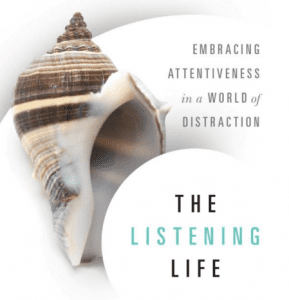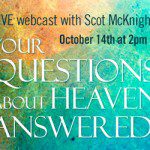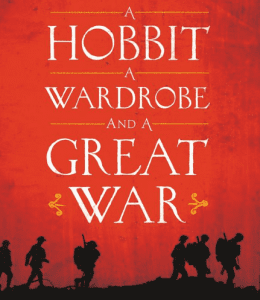An article in The Atlantic on writers and their books, an article well worth your read, sets the right tone for our annual list of Books of the Year. That article in The Atlantic appeared on one of the days I was clearing out my library. I’ve already packed up more than fifteen boxes of books — and some of these boxes are big honkin’ boxes — and probably have another fifteen to go. I came to this conclusion: for nearly every book that gets put on a shelf one has to be taken off. But this post is about Books of the Year.
These are my choices, and I have no claim to have seen even all of the most important books or to have read adequately in all fields, so go ahead and make your own recommendations. I’m woefully unread this year on Old Testament books, so nominate some books.
At the end of this post (after the jump) I will announce my Book of the Year.
Reference:
J.J. Collins, D.C. Harlow, The Eerdmans Dictionary of Early Judaism
Timothy George, gen. ed., The Reformation Commentary on the Bible
New Testament:
N.T. Wright, The Kingdom New Testament
James D.G. Dunn, Jesus, Paul, and the Gospels
Morna Hooker, Holiness and Mission
J. Beilby, Paul Rhodes Eddy, Justification: Five Views
Craig Keener, Miracles
Rodney Reeves, Spirituality according to Paul
Theology:
Hans Boersma, Heavenly Participation: The Weaving of a Sacramental Tapestry
M. Volf, Allah: A Christian Response
Theresa Latini, The Church and the Crisis of Community
Roger Olson, Against Calvinism, and Michael Horton, For Calvinism
Alan Padgett, As Christ Submits to the Church
Missiology:
Ministry:
Eugene Peterson, The Pastor: A Memoir. [Kris and I were gone for a week and I haven’t “checked” my list for some time, but somehow I forgot to put this book on the original list. This book was my rival to Christian Smith’s book for Book of the Year.]
Kara Powell, Sticky Faith
John Dickson, Humilitas
The Collected Sermons of Fred Craddock
Church History:
Michael McClymond, Gerald McDermott, The Theology of Jonathan Edwards
John Fea, Was America Founded as a Christian Nation?
Science and Faith:
Richard F. Carlson and Tremper Longman III, Science, Creation and the Bible
Karl Giberson and Francis Collins, The Language of Science and Faith
Deborah B. and Loren D. Haarsma, Origins: Christian Perspectives on Creation, Evolution, and Intelligent Design (This is a new version of their book reviewed a few years ago, now aimed at a general Christian audience.)
Current Trends:
D. Fitch, The End of Evangelicalism
Brad Wright, Upside: Surprising Good News About the State of Our World
Christian Smith, Lost in Transition
World Issues:
Carolyn Custis James, Half the Church
Lee Camp, Who is My Enemy? Questions Christians Must Face about Islam and Themselves
Controversy:
Rob Bell, Love Wins
Jesus Creed Book of the Year
Christian Smith, The Bible Made Impossible: Why Biblicism is not a Truly Evangelical Reading of Scripture. In spite of being panned by a few notable evangelicals, Smith is one of America’s finest scholars of evangelicalism, knows theology, and has poked populist evangelicalism in the eye — both eyes in fact. He has laid down a challenge that must be met: How to read the Bible in a way that does not lead to pervasive pluralism but leads to conclusions on which we can agree enough to say “Thus saith the Lord.” Until that happens, we’ve got too many lone rangers claiming “Thus saith the Lord.” What good is it to say we’ve got the very Word of God if we can’t agree on what the Word says?















